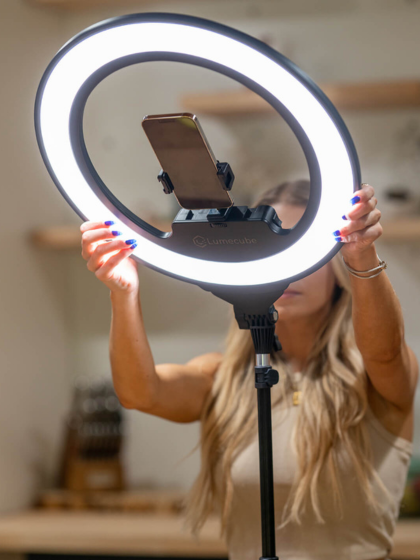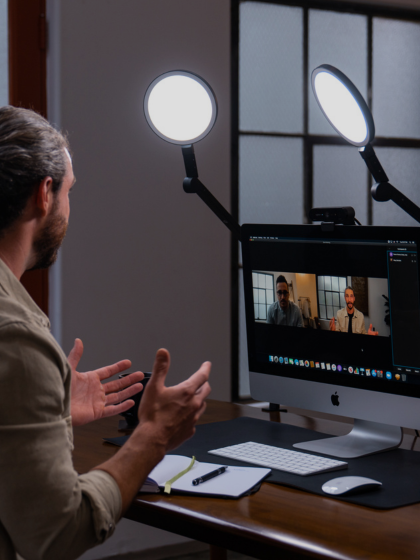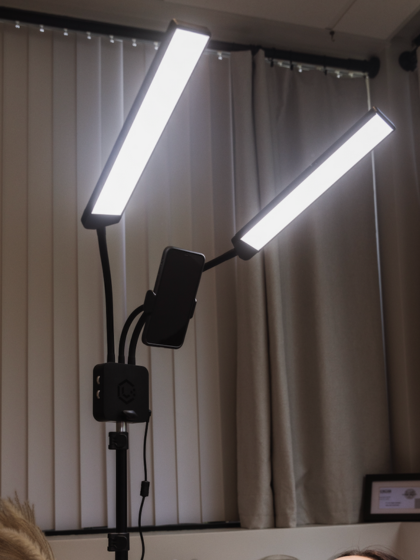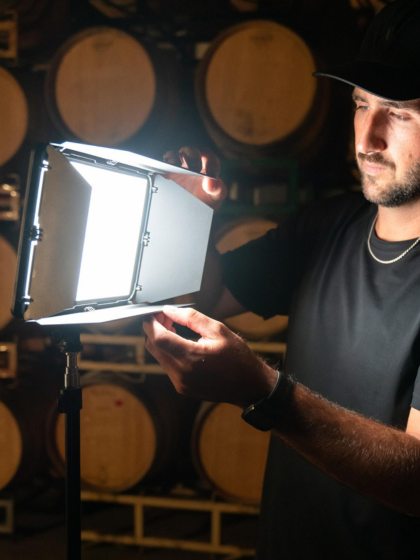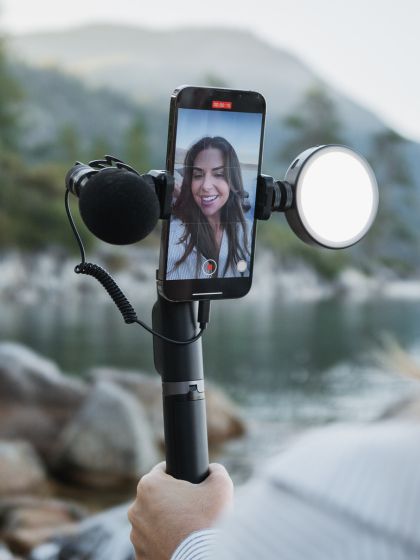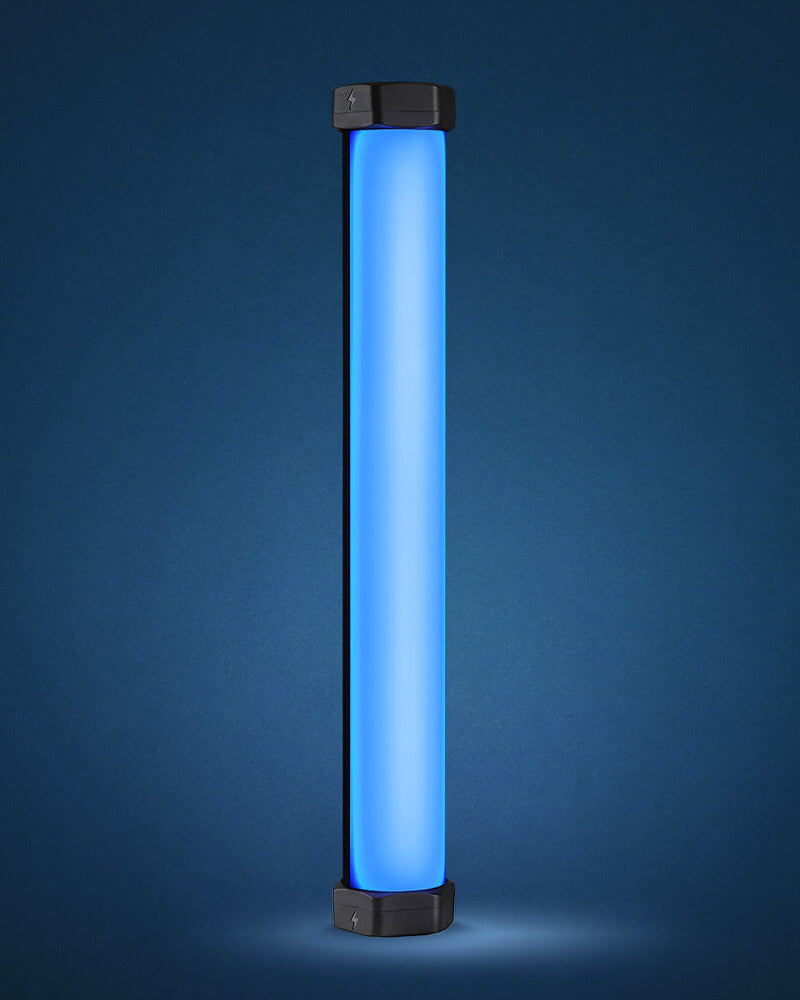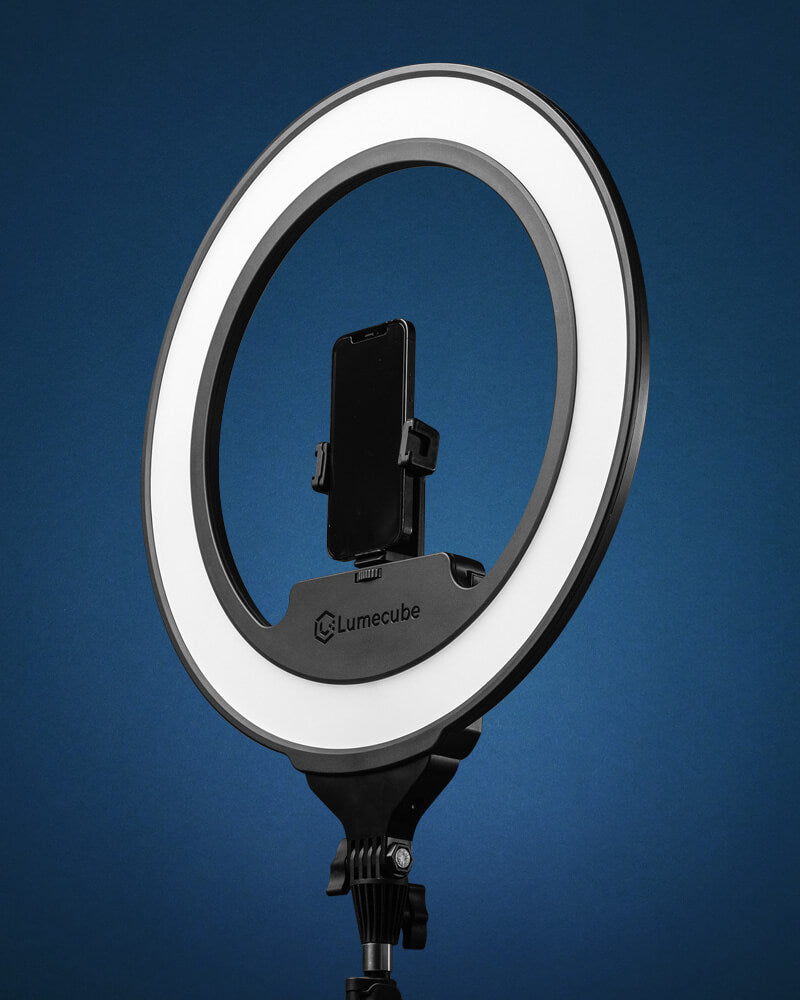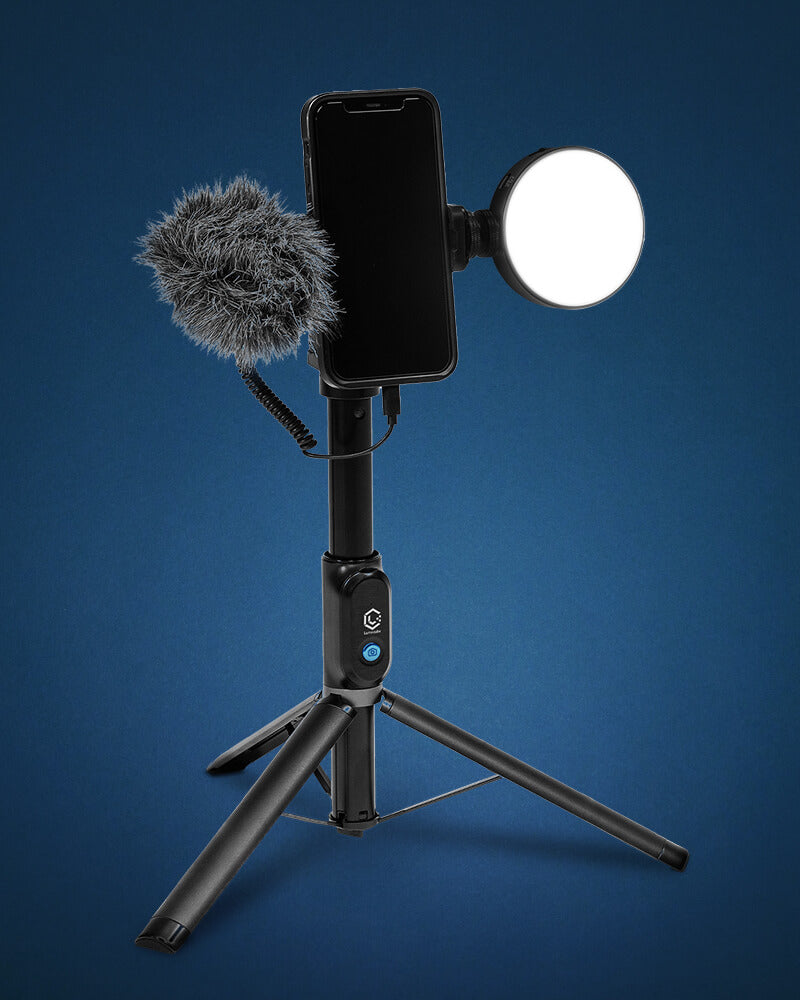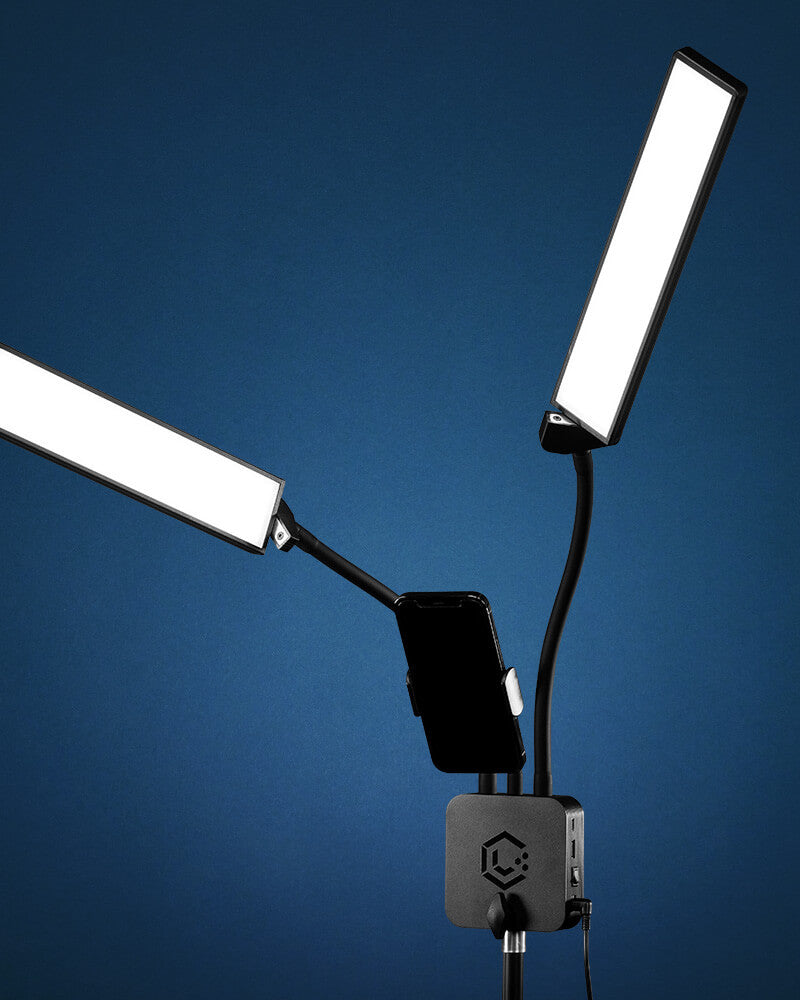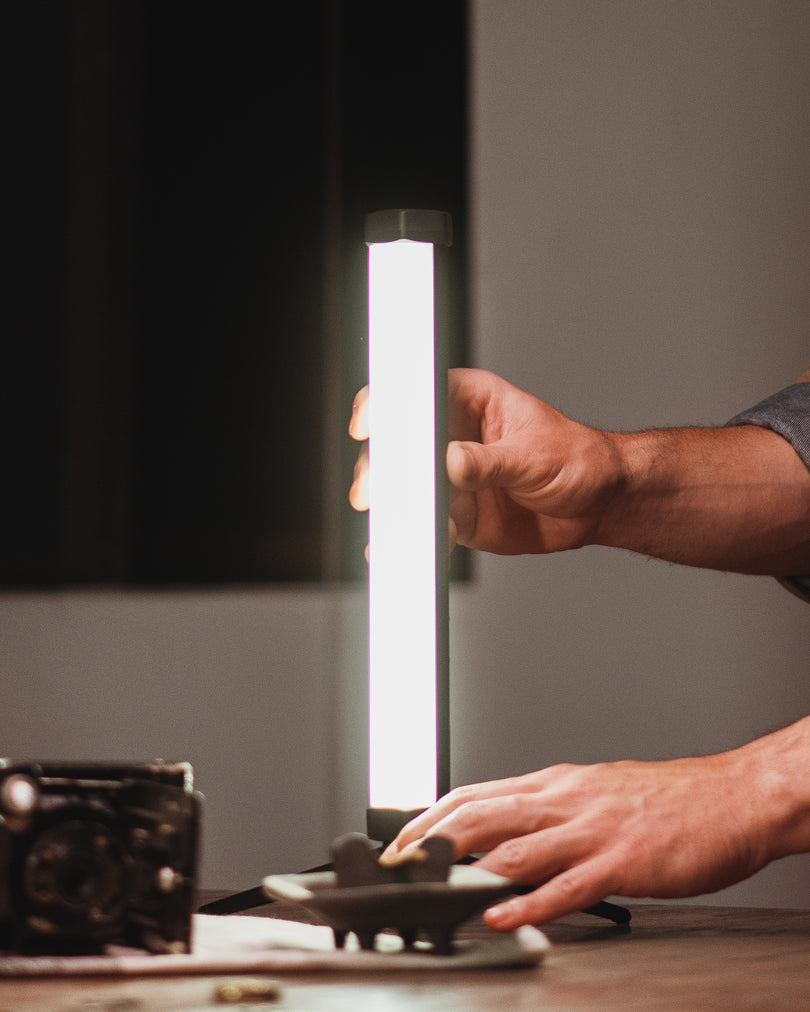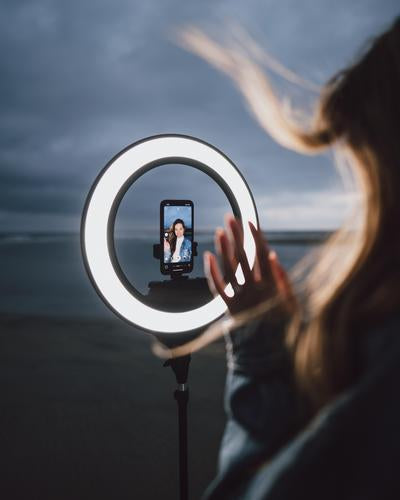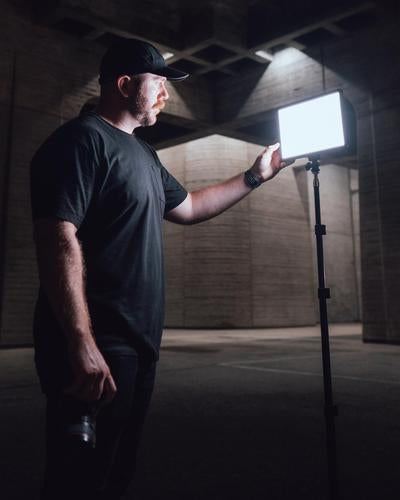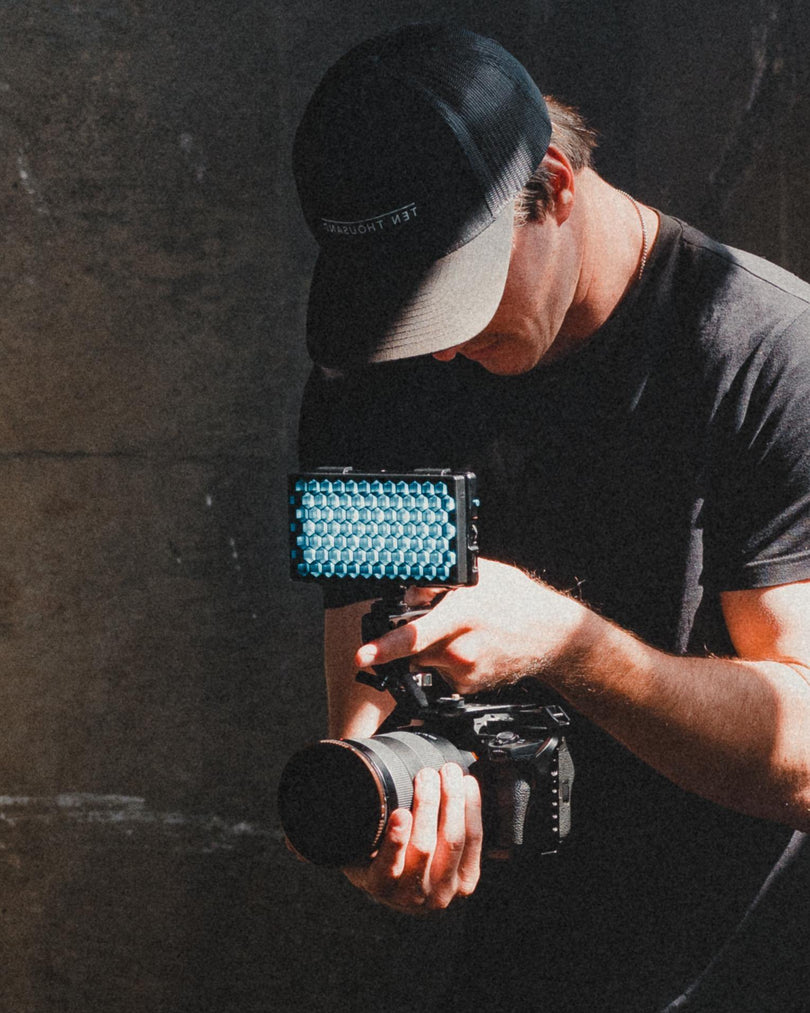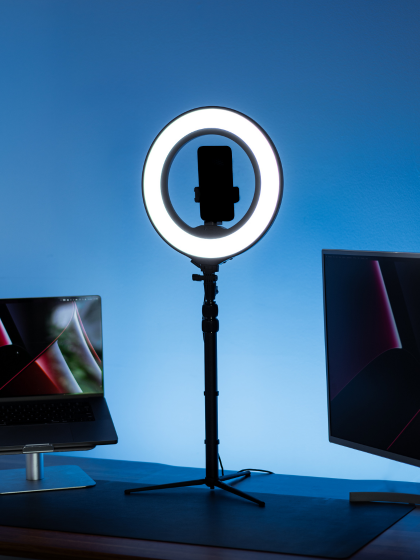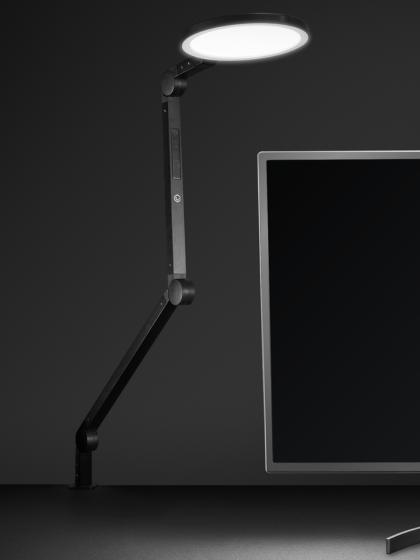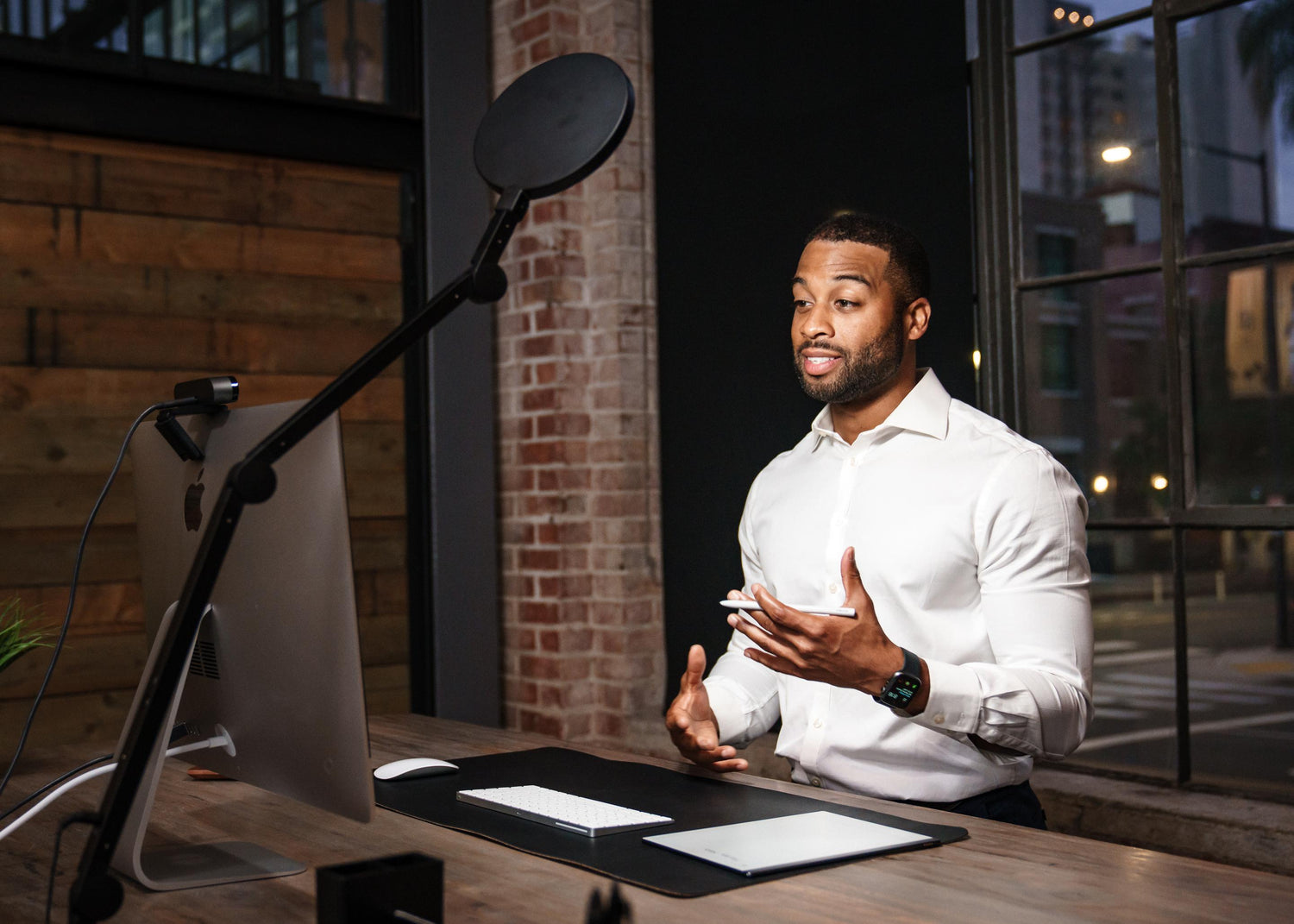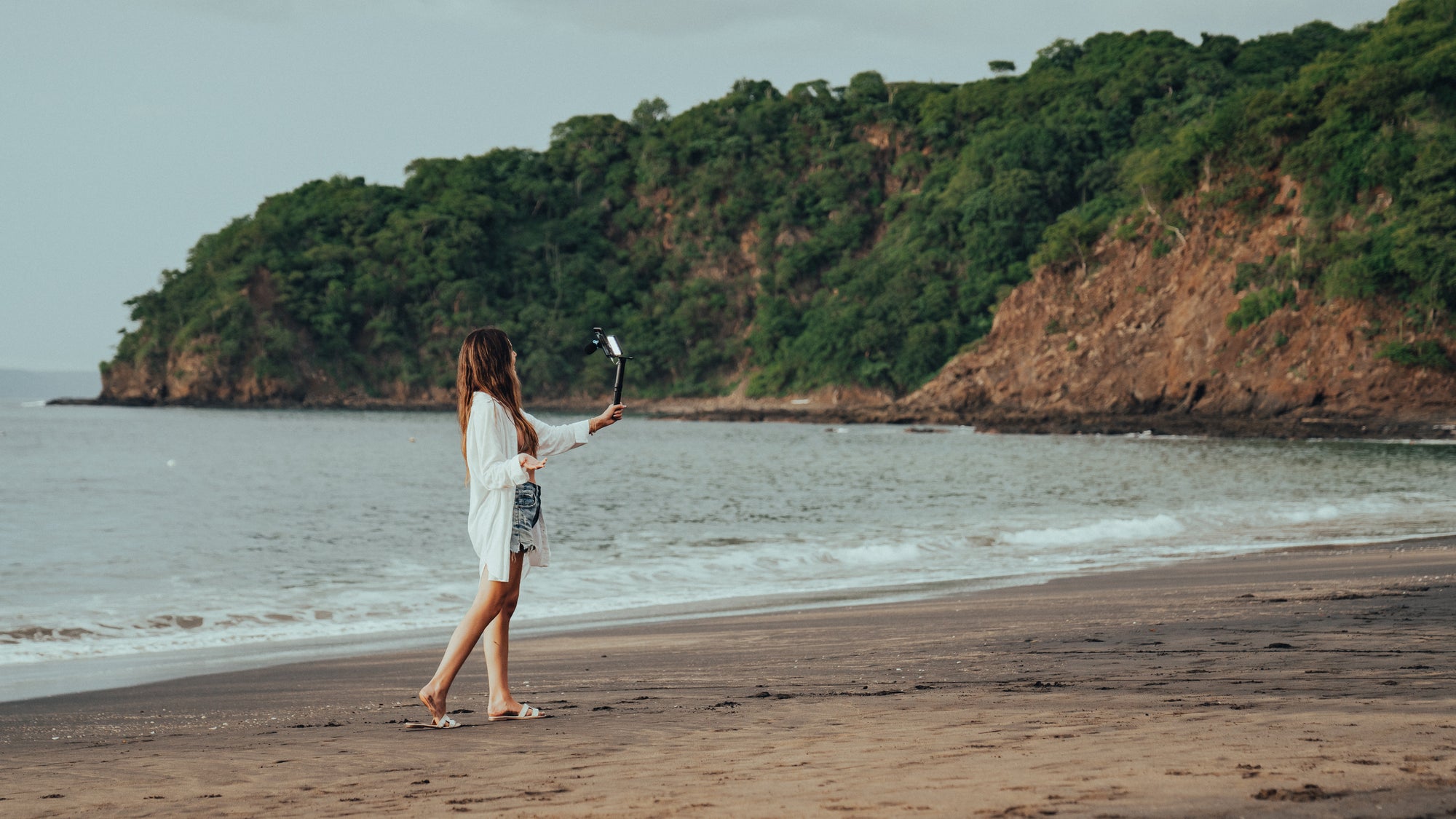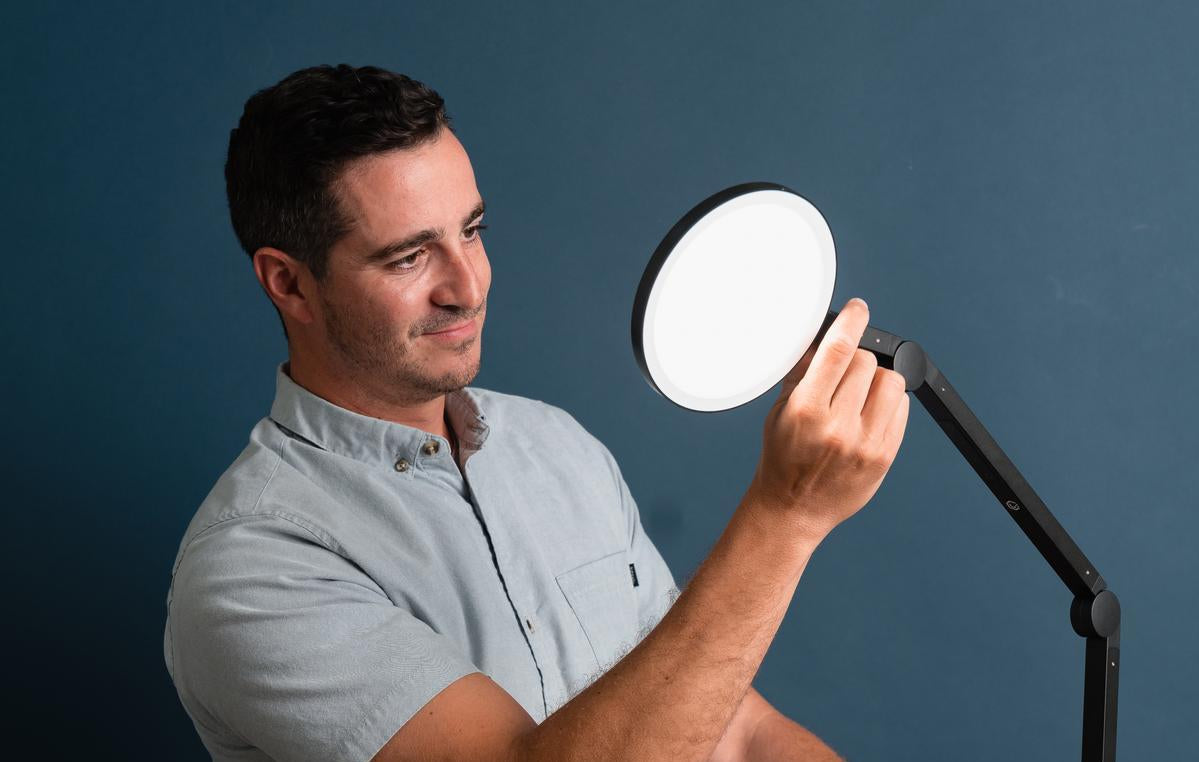Why is self branding important?
Self branding, a.k.a personal branding, is important for the same reason that it's important to make sure that your car has oil, that your sailboat is well-maintained, that your OS is updated, that your house is clean, and for the same reason that you should have a screen protector on your cell phone. Let's face it: life requires maintenance. Things get outdated.
Personal branding is how you maintain your public profile.
Unlike the car in your driveway or the phone in your pocket, you don't necessarily see it, but believe me: your personal brand exists.
Your brand is who you are.

It's the collection of the stories you’ve lived, the good, the bad and the ugly. It's how you show up in the world, your attitude on life, the energy you bring to the Internet, the insights and lessons that you've learned through your experience. This all ultimately adds up to become the essence of who you are. It’s even the business or side hustle that you decide to start!
Jeff Bezos is famous for saying that your brand is what other people talk about when you're not in the room.

I agree to some extent, but not entirely. And the reality is that regardless of who talks about your brand, a big part of your brand is what you want to be known for, regardless of who's in the room.
Before I dig into why it's important to self-brand, I’ll tell you that I define a personal brand as the intersection between what people think about you, and what you want to be known for.
We live in a digital-first world, moreso now than ever since we're dealing with a global pandemic. When you post something online, create content for one of your social media platforms, make a video, are featured in a publication, host or appear in a podcast, or even buy a product online, these are all pieces of data that act as digital “brand-crumbs.”
These brand-crumbs help people make generalizations about who you are. Unfortunately the Internet is not always truthful, and as we grow up and mature, sometimes what you posted on social platforms in high school doesn't necessarily represent or support your mission, vision, values or goals as a professional adult. While the bad news is that things on the Internet don't go away, the good news is that you can continue to create new content to deliver digital audiences more relevant brand-crumbs for them to find and chew on.
Examples of digital brand-crumbs could be an article you write, a tweet about an article you are featured in , an Instagram post about a speaking gig , or a stick figure LinkedIn post.

We control how people get to know us online based on what we share. And what we share reflects what we want to be known for, our skills, experience, and ultimately, expertise.
It is inevitable that people will search for you online. If you are not creating content on social media platforms it just means you are not participating in your own narrative. The more active and intentional you are online, the quicker people will be able to get to know you. And when people get to know you, they can make a decision for themselves of whether or not they like you. And if they do like you, then that sets the foundation for building trust.
You cannot download trust.

But you can upload content to help people know, like and trust you.
Who do you look to as examples of great self branders?
Saying someone is the best self-brander can be deceiving because I truly don't think that branding is a game that you win or lose, or are the best or worst at. It truly looks a little different for everyone. How much you invest time and energy into building your brand is likely going to depend on your personal and professional goals.
The great self-branders at the top of the food chain are people like Gary Vaynerchuk, Brene Brown, Richard Branson, and Oprah. These individuals have become internationally known because of the high-quality brand-crumbs they've been leaving for decades.
The influence these individuals have iis the result of the community they have built. They showcase more than just a polished highlight reel. Great brands are imperfect, vulnerable, and share stories that people can relate to. And we can all relate to setbacks, failures, and times when things went wrong.
As you take ownership of your brand and work to build it, you have to be careful and never compare your brand to others. Don’t compare yourself to Gary V. You just can't. You can't make an apples-to-apples comparison because he's a totally different person, with totally different experience. Take cues from people like Gary but don’t try to “be them.”
Using others' success as a road map. I suggest finding three different individuals and look at how they are creating content and the different types of digital brand-crumbs they are dropping. You can take the elements that play to your strengths. Then “draft” their brands, i.e. in sort mimic their strategy. These people have done a lot of work to create content, and if you draft behind them and learn what works, then you can start to build your own brand-crumb-making machine that's uniquely yours.
When I think of people who have achieved success in my areas of interest, these people come top of mind.
- Keynote speakers: Josh Linkner, Tiffani Bova and Brené Brown
- Podcast host: John Lee Dumas
- Customer experience: Shep Hyken, Dan Gingiss and Mary Drumond
- Storytelling: Park Howell and Dan Bennett
What is step number one to someone who is starting their own brand?
This is a great question because many people are trying to build their brand but they are approaching it backwards. As I outlined in my book Ditch The Act , the first thing you need to do to start your own brand is to admit that you have one, then define it. That's it.
I have a really fun exercise that I explain in my book and talk about when it comes to this first step, called the Rapid Reflection Discovery Process. The idea is simple and is based on my definition of a personal brand. I believe a personal brand is the intersection between what people know about you, and what you want to be known for.

When would you recommend a rebrand? At what point in a company's life does this make sense?
A company’s brand typically evolves when they make a major pivot, change services, or fundamentally makes a decision to approach a new market so their messaging resonates with the target market who they serve.
What are your favorite tips for growing your personal brand?
Oh my gosh my favorite question ever, how much time do we have? Just kidding. I often talk about the power of three, and I will show you its power here. Here are my three favorite tips for growing your personal brand:
- Don't focus on getting likes
If you constantly worry about getting likes and are self-conscious about your content then you may never get out of the gate. I know people who will write a blog but not publish it. Shoot a video but not publish it. Draft multiple social media posts but never click ‘send’. The reality is that as you start out, you're not on people's radar. So they're probably not even going to see your content. And if they do, they're not familiar with you, so they're not likely just going to like it right out of the gate.
The fact is that many people may see and enjoy posts, blogs and podcasts, and never click the ‘like’ button. This is an invisible like and as soon as you come to terms with the concept of invisible likes, then you won't be distracted by your video not getting a crazy amount of engagement when you post.
Build a brand moving forward and don't rely on social media as validation to tell you that you're doing a good job. The fact that you're creating content means you're doing a good job! And the best way to get better at content is to create more content.
So don't focus on the likes. Eventually if you continue to create content over time, you'll attract an audience that likes and may even love your content.
- Build a website
If somebody told you to buy a piece of property in the 1800s, would you have done it? Sure you would have. We've all heard of thousands of acres of land being bought for peanuts, and today that same land is worth billions of dollars. It's no different on the Internet. We are in a land-grab Internet real estate boom. And it will continue to boom.
I hate to say it but Facebook could go out of business tomorrow, or Twitter could fly, fly away. And when a platform goes away, so does all of your content on that platform! I know you don't want to think about that and you feel ownership of your social media profiles, they’re part of you.
But that's really rented land.
My advice is to get your own personal website that features your name somewhere in the URL. I understand that your name.com might be taken, because there's a lot of people that have been grabbing up real estate online. But there are more creative domain extensions that are perfectly legitimate for building a brand. One of my favorites is the dot Online domain. My website, ready for it, wait for it, is… Ryan.Online. My name is Ryan, and if you want to find my website you just go online. Type in your browser Ryan.Online. See how easy that is. It’s super easy to share when I am on a podcast or telling people the url. I also work with them as an influencer. If you want to see what your dot online domain looks like, you can go to ryan.online/dotonline and if you use the promo code GINGER, then you get 90% off the first year of your domain!
It is important to have a personal website, even if you already have a corporate site. Because when people search your name, Google will look for a website with your name in it. If it's not there it'll move on. Think of buying your own domain and building a website as owning a piece of land on the Internet. And don’t get stuck on having a .com, go .online!
- Schedule time to do the work.
With work, home, family, friends and pets all blended and needing your attention in a pandemic, it can feel like there's not enough time during the day. I totally understand. But if you do not schedule time in your day to dedicate towards content creation and strategically building your network online, your brand will not grow.
The good news is that you will always be building your brand, because it's a living, breathing thing. The bad news is that if you don't allocate the time to create content then you won't give people the most relevant digital brand-crumbs for them to follow, and then act upon. The other option if you don't have the time is to hire someone to help you do the work. It's that simple: you either do it yourself or you hire someone to do it. But your brand will not just build itself.
What do you recommend clients NOT do when growing their brand?
Do not only try to showcase only the good. There's a common mistake that people make when trying to build a brand, and essentially they're trying to showcase only the shiny things. If you only showcase your highlight reel, then you don't give people a chance to know you as a real person.
Most people think of a literal company or big brand when they think of branding. How does branding apply to one's self and how important is it to develop your personal brand?
If I were to ask you to think of a fast food chain, what comes to mind? If I ask you about a shoe company, what's the first logo that pops in your head? If I invite you to go grab a coffee, what is the first location you would think to meet at for your morning Joe?
The reality is that each of those questions makes you think about what comes top of mind. The word ‘brand’ tends to have a strong association with large, house-hold name companies that you think about, subconsciously or not. Over years, and with millions if not billions of dollars in their budget, they advertise and create an association between their brand and their product or service.
The exact same concept applies when you are working to brand yourself so that you come top-of-mind when it comes to your particular product or service. A corporation is an entity, and you are an entity as well.
What's changing in today's world is that brands can no longer rely solely on advertising and marketing to gain market share in people's mindspace. When you think of Tesla, is there a person that you associate with that large brand? When you think of Facebook, is there a person that pops into your mind?
The answer is yes.
That’s because there is value in creating a human connection within these big brands. This is the reason why influencer marketing has become so prevalent in the recent past, and will continue to gain traction in the future. It's easier to relate to a person than it is to a company. This is why companies try to find people and personalities to help them gain more market share in your mind space. But the fundamental concept is the same. When you associate a service or product with a company or person, that is branding in action.
Your brand precedes you.

Tell us about your book Ditch the Act. What inspired you to write this?
My book is about an epiphany that occurred as I built my own personal brand. It's the reality that people didn't care about my story of success as much as they cared about seeing themselves in my story. The book is about building an authentic brand by showcasing more than just the shiny moments in your journey. Like many people who are trying to build a brand, I created and shared content on social media, and was frustrated at the lack of traction that came from it. It wasn't until I realized the value of vulnerability and sharing the not-so-good moments along the way that my brand started to gain real traction.
What inspired me to write this book was to share a very powerful secret that I found hiding in plain sight. The secret: it’s okay to be imperfect. In fact, that is what I found helped me to connect with others in an authentic way. It took the stress off of trying to come across as super polished, and it opened up all kinds of content in the form of personal stories from my past.
The book has three main sections to it: my and my co-author’s personal backstories to show what it looks like to be vulnerable, explaining why it is so important to ditch the act and show your human side, and finally, an exact eight-step process of how people can build an intentional brand that is authentic based on transparency and vulnerability.
What is the biggest lesson you have learned from creating your own business?
The biggest lesson I've learned from creating a number of businesses is the simple fact that successful entrepreneurs are not doing anything that others cannot do. Successful entrepreneurs are doing things everyone can do but not everyone does. Creating a business requires your willingness to work. It's easy to get lost in the big picture, but this cannot distract you from the day-to-day grind that needs to happen in order to build your business over time.
Great businesses are built on successful daily habits that play into larger systems with the ability to grow. When I have found myself stuck, or feeling like I've hit a wall, I look to the simple things that need to get done to get me back on track. The simple things can be getting enough sleep, drinking enough water, and working out regularly. Creating a business can be stressful, anxiety-laden and can cause an imbalance in your life which will negatively impact the growth of your business.
I tell people to stop looking for hacks that will get them to their goal. But remind them that it takes work, day in day out, to build anything that's successful. I challenge people to look at themselves as their own business. So whether it's building a company or building your brand, it takes effort! And will happen over time. If you're not willing to put in the effort yourself, then you've got to prepare to pay someone to help you. Personally I like to put in the work, understand the systems and software, then create systems that work for me. Once those systems are in place I work to hire individuals to take over different elements of the system, and that is how I have been able to have steady growth of not only my personal brand but of my speaking and consulting business.
Where can our customers find your resources?
The easiest way to find me is just to Google my name. However, here are some particular links that will help you engage with me:

- Register for my FREE course that teaches you how to come up with your next big idea via ryan.online/start
- Learn about my speaking business and bootcamps via ryan.online
- Purchase a copy of my book via ryan.online/DitchTheAct
- If you want to become a better speaker, subscribe to my World of Speakers Podcast via ryan.online/WOS
- If you want to better communicate your core message, subscribe to my 3-1-3 Challenge Podcast via ryan.online/313challenge
- To sign up for my weekly “3 Things” newsletter, do so here: ryan.online/signup
- The best social media platform to follow me on is Twitter: ryan.online/twitter
To check out my Stick Figure Store, go to stickfigure.store.

